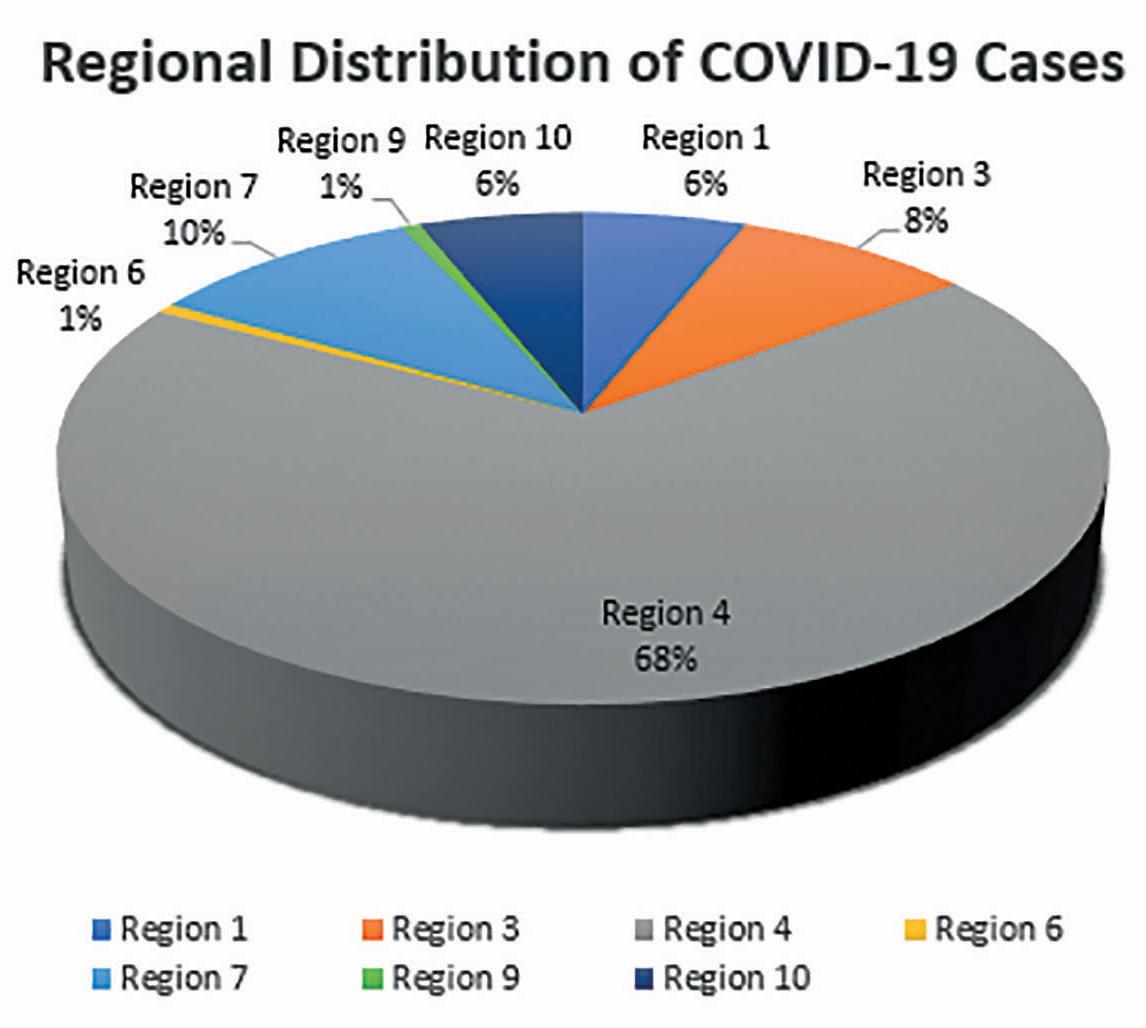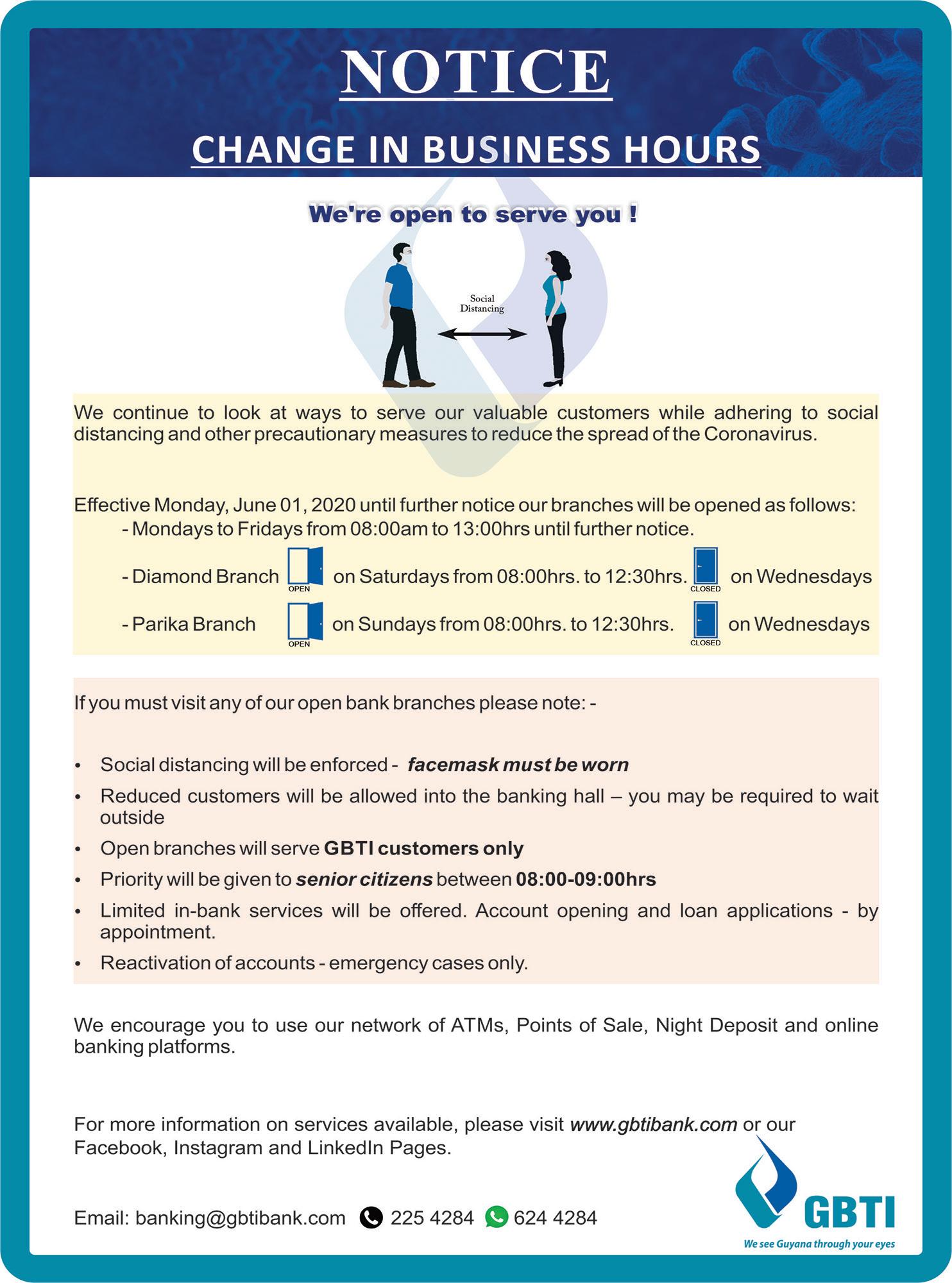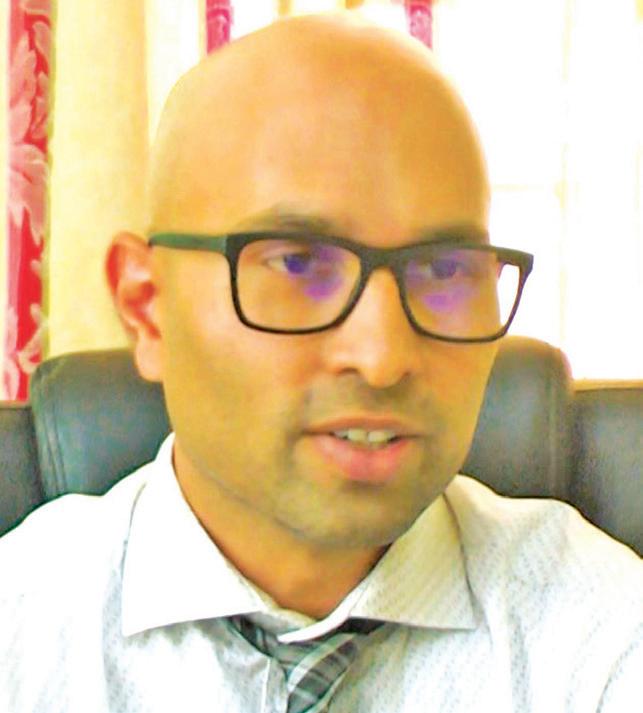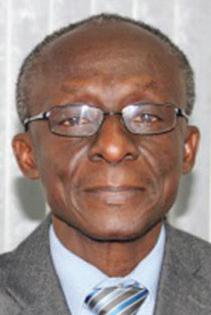
7 minute read
controversy P
Guyana-Venezuela border controversy

The International Court of Justice (ICJ) is set to begin hearing the jurisdiction case in the Guyana/ Venezuela controversy on June 30. The Hague-based court has announced that it will begin oral hearings on the question of the Court’s jurisdiction in the case concerning the Arbitral Award of October 3, 1899, between Guyana and Venezuela. The hearings are scheduled to commence at 14:00h and would be conducted via videoconference. This virtual hearing is as a result of the ongoing restrictions due to the global coronavirus (COVID-19) pandemic.
The ICJ had postponed the long-anticipated hearing of the Guyana/ Venezuela border controversy case that was scheduled to begin on March 23, 2020, citing the coronavirus pandemic. In a previous notice, ICJ had informed the parties of the schedules for the upcoming public hearings to determine whether the Court has jurisdiction to preside over the matter.
Guyana filed its case with the World Court on March 29, 2018, seeking a final and binding judgment that the 1899 Arbitral Award, which established the location of the land boundary between the then-British Guiana and Venezuela, remains valid and binding, and that Guyana’s Essequibo region belongs to Guyana, and not Venezuela as is being claimed by the Spanish-speaking country.
Guyana moved to the World Court after exhausting all means of negotiation with Venezuela.
United Nations Secretary General António Guterres, in January 2018 decided that the case should be settled by the ICJ after exercising the powers vested in him to decide how the controversy should be settled by the 1966 Geneva Agreement between Guyana, Venezuela and the United Kingdom.
However, Venezuela had claimed, in a letter to the World Court, that the Secretary General exceeded his authority under the Geneva Agreement, and therefore, the Court lacks jurisdiction to adjudicate the lawsuit filed by Guyana.
The ICJ is the principal judicial organ of the United Nations. It was established by the United Nations Charter in June 1945 and began its activities in April 1946. The Court is composed of 15 Judges elected for a nine-year term by the General Assembly and the Security Council of the United Nations. The seat of the Court is at the Peace Palace in The Hague (Netherlands).
The Court has a twofold role: first, to settle, in accordance with international law, through judgments which have binding force and are without appeal for the parties concerned, legal disputes submitted to it by States; and, second, to give advisory opinions on legal questions referred to it by duly authorised United Nations organs and agencies of the system. ICJ to begin hearings on jurisdiction case on June 30
International Court of Justice
Three years after the Tobacco Control Bill was passed, little has been done to ensure that the provisions are enforced, and persons culpable face penalisation.
On Friday, Pan American Health Organisation Representative, Dr William Adu-Krow said that such laws are useless if they aren’t enacted.
His remarks came on the celebration of World No Tobacco Day, which will be celebrated on Sunday under the theme: “Protecting youth from industry manipulation and preventing them from tobacco and nicotine use”.
Adu-Krow stated, “Sometimes I lament over the issue that people who have to be working harder than we are, are not. I’m saying this with a clean conscience…We need to be doing more. If we’re serious, we have to show it in what we do. Otherwise, we will pass laws after laws after laws and get practically get nowhere.”
It was mentioned that the Ministry needs to employ effective campaigns and advertisements to capture the attention of all ages.
This was backed by Chairperson of Georgetown Public Hospital Corporation, Kesaundra Alves, who represented the caretaker Public Health Minister. She insisted that while “a lot” needs to be done, they are constrained by financing.
“A lot more needs to be done in relation to enforcement. We have a comprehensive piece of legislation; if implemented completely, can really fight tobacco epidemic. A lot more needs to be done. I believe one bugbear has been funds, to make this possible. PAHO has put a lot of money into tobacco control in terms of public education, ads.”
According to Alves, human resources to are needed to monitor key locations where tobacco is sold, to ensure vendors are keeping with the guidelines.
“The Ministry of Public Health needs to focus on training of enforcement officers so that they know what their role is in terms of enforcing the Tobacco Control Act. That is something that should’ve been done this year…Enforcement needs to be ramped up. It is too slow and I hope that we don’t [lose] momentum…We need foot soldiers out there and, in some regard, the Ministry of Public Health does not have all the resources required to ensure enforcement,” the Chair highlighted. Tobacco Control Bill without enforcement is pointless – PAHO
TURN TO PAGE 12
11 SATURDAY, MAY 30, 2020 | GUYANATIMESGY.COM NEWS 68% of COVID-19 cases in Region 4
Chief Medical Officer, Dr Shamdeo Persaud on Friday provided statistics on the COVID-19 cases in Guyana, which shows that Region Four (Demerara-Mahaica) accounts for a gigantic 68 per cent of cases.
During the daily update, it was shared that Regions One (BarimaWaini) and Seven (CuyuniMazaruni) are beginning to see an increased trend of positive cases with six and 10 per cent of positively confirmed cases respectively.
Region Three (Essequibo Islands-West Demerara) also has high figures, accounting for eight per cent of cases.
The senior medical official revealed that the total number of cases remains at 150 with 11 deaths. Some 1586 persons were tested to which there were 1436 were negative. There were 67 recoveries, 72 active cases in institutional isolation, two patients in the COVID-19 Intensive Care Unit (ICU) and 11 persons in institutional quarantine.
Threats in border communities
Dr Persaud expressed worry over the threats border regions are facing from the uncontrollable crisis in Brazil – a situation where thousands are infected every day.
“I wish to focus on our hinterland regions, particularly Regions One and Seven, where we are beginning to witness the emergence of more positive cases and more so to highlight the implications for our bordering communities as COVID-19 continues to spread across the provinces of neighbouring Brazil,” he opined.
One day after Moruca, Region One, had its first case, a second person tested positive. By the eight day, there were nine cases and one death. In Region Seven, six more cases were reported within the first week, three more after six days and 12 days after, another five cases.
He urged, “We know that in Region One, you young men have to go into the mines in order to provide for yourselves and families; this doesn’t mean that you do this to the detriment of those around you; if you practice social distancing, wear a mask and you participate in sanitiSing and washing your hands as often as you should then it is guaranteed that the possibility of transmission will drop significantly.”
Males affected
In the breakdown by age group and gender, the younger males in the 25-29 age group are predominantly affected in Region One while in Region Seven, it is the 30- 39 age group.
“As we can see from the statistics, our males continue to be the ones most affected by COVID-19 and contrary to popular Guyanese belief, that COVID-19 is a virus that mainly affects the elderly, our statistics continue to show us that the young now constitute the most vulnerable. Where do we go from here? How do we deal with the challenges that are much more far-reaching than we originally anticipated?” the CMO expressed.
With many ignoring the guidelines instituted for their safety, he urged the public to take precautions. In the past weeks, men have been at the top of their radar.
“When we speak of the asymptomatic person we are referring to a healthy carrier that is actively spreading the disease without showing any signs or symptoms;
…Regions 1, 7 showing increased trends
this is the reason why we are asking to treat everyone as a healthy carrier and ensure that you follow the guidelines of physical distancing, hand washing and wearing a mask. It is important that you are not the only person wearing the mask, but you should insist that if


you have to interact with someone else that the person is wearing a mask also,” the CMO highlighted.
Globally, there are 5,593,631 cases with 353,334 deaths. In the region of the Americas, the total number of cases is 2,556,479 cases with 148,412 deaths.




